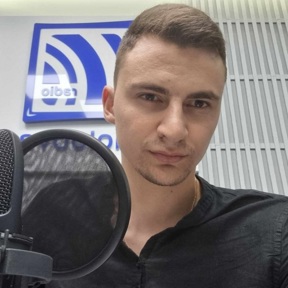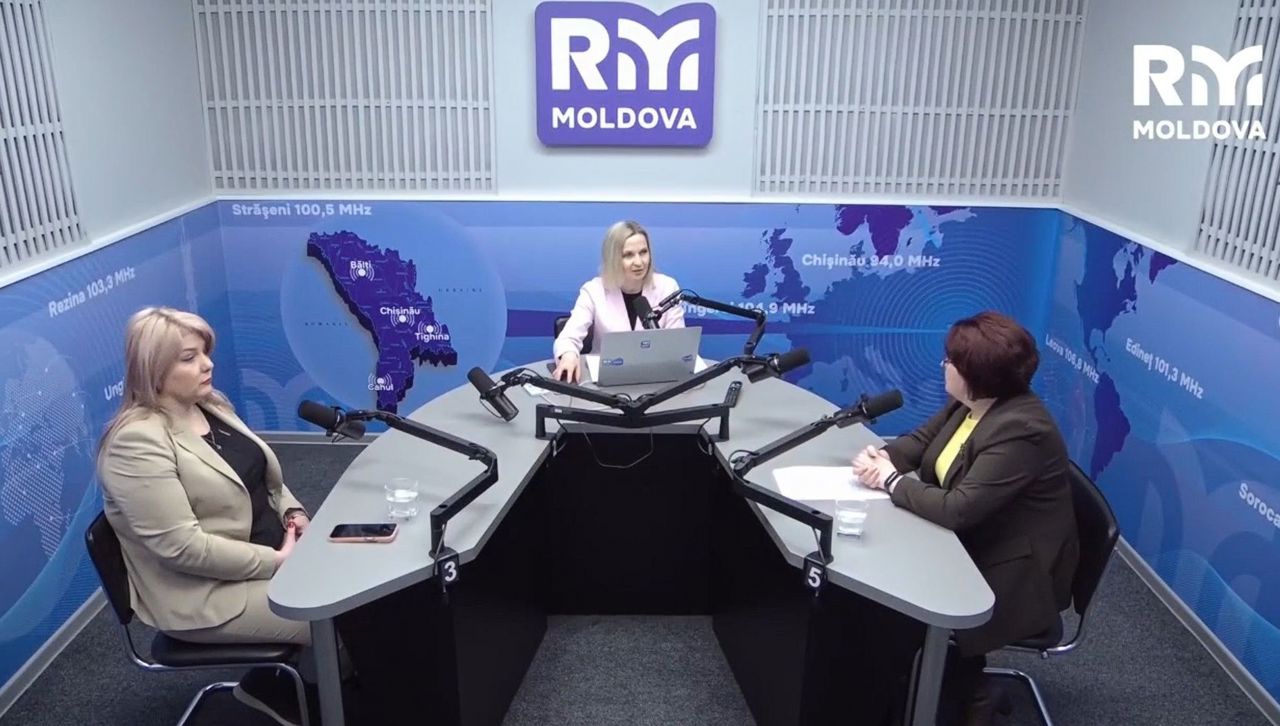Chișinău unveils system for improved child protection and policy
Additional information, including the health status of children and their academic performance, will be entered into an online database.

This system will enable representatives of the Ministry of Labor and Social Protection to monitor the activities of social workers and develop policies aimed at improving the quality of life for children from socially vulnerable families. The Child Protection Information System was inaugurated today in Chișinău, with financial support from the United States Agency for International Development, in partnership with the Ministry of Labor and Social Protection.
This system will integrate all central and local public authorities, transitioning reports on the conditions of children from socially vulnerable families from paper to digital format, as stated by Dan Marin, the digital advisor for the Data for Impact team.
“The Child Protection Information System will undergo further development. It allows us to manage users and contains comprehensive data on each child’s well-being. This system will help us evaluate and identify the most socially vulnerable children, with all data being kept confidential,” Marin explained.
Igor Chișcă, head of the Child Rights Protection and Families with Children Policy Department, noted that the system will streamline the work of social workers. “The system is operational, but we will continue to refine it. Thanks to this project, we have successfully accounted for every child in the Republic of Moldova. Our goal is to protect all children who are separated from their parents and to analyse the performance of social workers.”
The Child Protection Information System was officially launched today during the closing conference of the United States Agency for International Development’s “Data for Impact” project. Over the past four years in the Republic of Moldova, this initiative has facilitated the first quality of life research and the first national study on the online safety of vulnerable children. It has also enhanced the performance of 38 public institutions, developed 11 guides and informative bulletins for child protection, and integrated over 800 Ukrainian minor refugees into educational institutions.
Translation by Iurie Tataru






